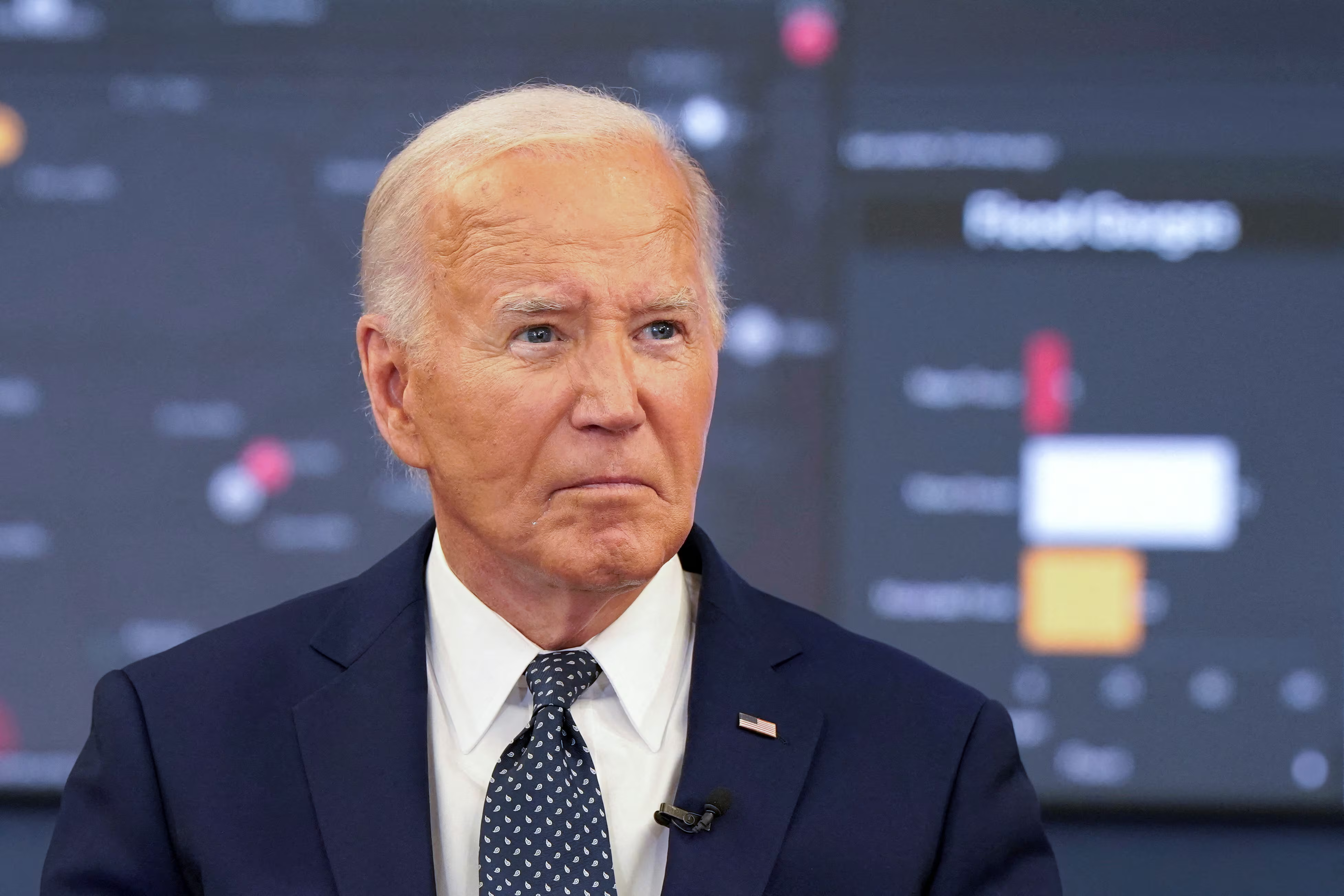By Mina Corpuz
Boston University Statehouse Program
A version of this story ran in the Lowell Sun.
BOSTON — Despite a continued jump in opioid-related deaths statewide, Middlesex District Attorney Marian Ryan says area communities are starting to see a slower increase in death rates.
About 251 people died from drug use in Middlesex County in 2016, according Ryan’s office, and 168 of those deaths were from heroin. That death toll is a 35 percent increase from the previous year.
“The decline may not seem significant, but we’re going in the right direction,” Ryan said at a recent opioid task force meeting at Lowell General Hospital.
From 2014 to 2015, drugs deaths in Middlesex County increased by about 35.6 percent from 145 deaths to 185, according to a handout from Ryan’s office. There was an 81 percent jump from 2013 to 2014, increasing from 80 to 145 drug deaths.
Lowell, the largest city in Middlesex County, had 56 opioid overdose deaths in 2015, 16 more than the previous year, according to the state Department of Public Health.
Opioids include heroin — which is illegal and often sold on the streets — and prescription drugs such as codeine, morphine and oxycodone, according to the Common Health for the Commonwealth report by the Massachusetts Health Council. The report tracks preventable conditions and social determinants of health.
A rise in heroin mixed with the potent synthetic drug fentanyl has led to an increase in overdoses, according to the report.
A close working relationship among law enforcement, medical staff and members of the community has been the key to seeing fewer opioid deaths, Ryan said.
“One of the things we often take for granted in Middlesex is collaboration and communication,” she said. “That gets so much done.”
Lowell House Inc. CEO William Garr said continuing to provide support and on demand services has helped keep people in recovery longer.
The treatment center has increased the number of recovery beds and added programs that help recovery, he said.
“I think we have been successful to some degree with that, but of course we’d like to be totally successful,” he said. “We’ll never totally eliminate alcohol and substance addiction issues, but certainly we can reduce it.”
Lowell Police Superintendent William Taylor said the focus has been working with prosecutors and other departments to target drug traffickers who are “profiting off of families.”
Statewide, 1,465 people died from opioid overdoses in 2016, according to recent data from DPH. About 500 deaths could be added to the total once cases are reviewed.
Since 2014, the rate of increase in deaths statewide has hovered around 20 percent, according to DPH. From 2013 to 2014 there was a 44 percent spike in opioid deaths.
Nearly 40 bills addressing the issue have been referred to the Legislature’s Committee on Mental Health, Substance Use and Recovery.





